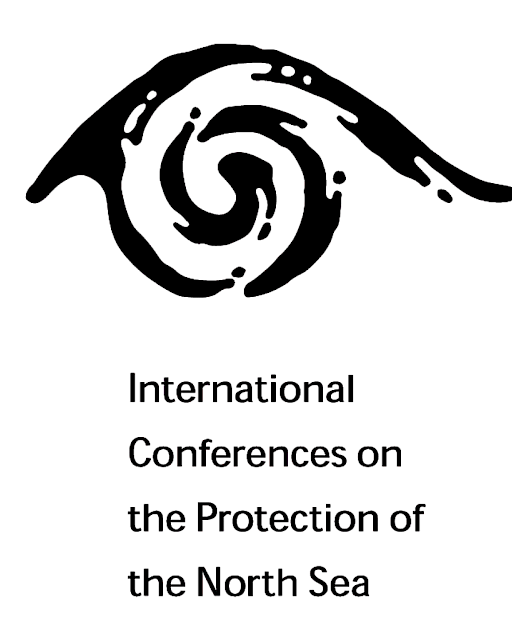North Sea Conferences
Concern among North Sea states that the large inputs of various harmful substances via rivers, direct discharges and dumping of waste at sea could cause irreversible damage to the North Sea ecosystems as well as some countries' dissatisfaction with the slow progress made by competent international organisations in protecting the marine environment, resulted in the first International Conference on the Protection of the North Sea, in Bremen in 1984.
Since then five further North Sea Conferences have been held; London 1987, The Hague 1990, Esbjerg 1995, Bergen 2002 and Gothenburg 2006. The Conferences have united governments from Belgium, Denmark, France, Germany, The Netherlands, Norway, Sweden, Switzerland and the United Kingdom in an effort to protect the North Sea environment.
The series of North Sea Conferences (NSCs) has had the advantage of providing a political framework for a broad and comprehensive assessment of the measures needed to protect the North Sea. This has enabled ministers to deal with a broad range of North Sea issues, and has allowed them to respond swiftly and to focus on key issues at each conference.
The North Sea Conferences have agreed far-reaching politically based commitments. Many of these have been adopted in national regulations as well as within the framework of legally binding conventions. The adoption of the precautionary principle at the conference in London in 1987 is one of the most important agreements emanating from the North Sea Conferences. Another important outcome is the agreement at the Intermediate Ministerial Meeting on Integration of Fisheries and Environmental Issues (IMM 97) to develop and apply an ecosystem approach to the management of human activities and protection of the North Sea. Ministers at the 5th NSC in 2002 developed a conceptual framework for an ecosystem approach and committed themselves to implementing this approach.
Annex 1 to the Progress Report to the 5th North Sea Conference records the early history of the North Sea Conferences including the principal milestones.
The Ministers at the conference in Gothenburg 2006 noted that for the moment there was no plan for another North Sea Conference or Ministerial Meeting. The Ministers declared that many of the issues that have been discussed over the years are now being treated in other forums. In the spirit of the progress made they agreed to follow up the issues identified during the last conference and to continue close contacts on North Sea environmental issues in. With a view to safeguarding the fulfilment of the commitments from the various North Sea Conferences, the North Sea Ministers have invited OSPAR, in cooperation with the EU, to facilitate a periodic follow-up to this effect.
The OSPAR Commission regularly reviews progress in the implementation of commitments from the North Sea Conference. OSPAR has published a comprehensive general report to North Sea Ministers on the follow-up to the 2002 Bergen Declaration and a special report on the implementation of the Ecological Quality Objectives for the North Sea. A second comprehensive review of progress in implementing North Sea Conference commitments was published in 2009 to inform the North Sea Ministers before the OSPAR Ministerial Meeting in 2010.

